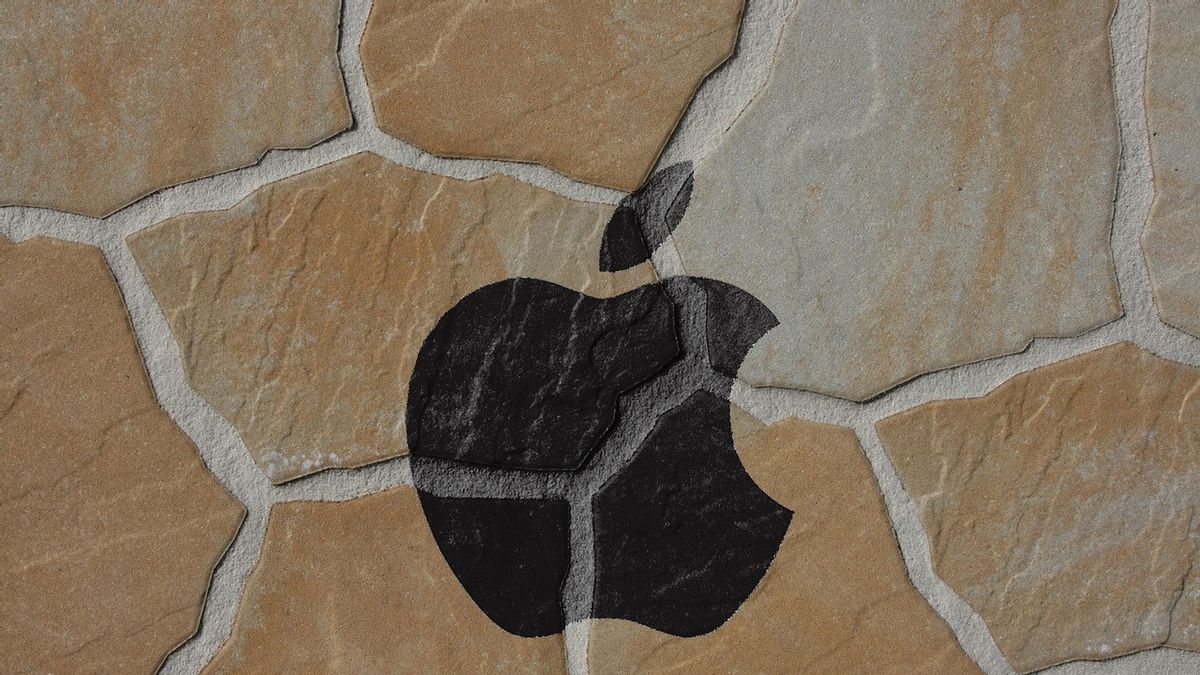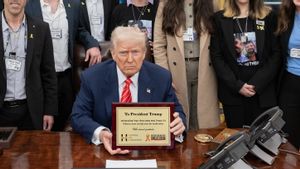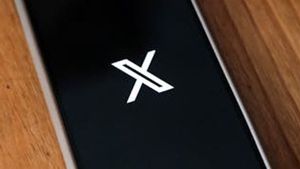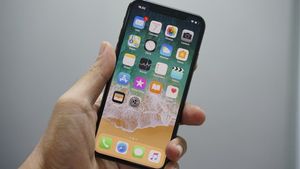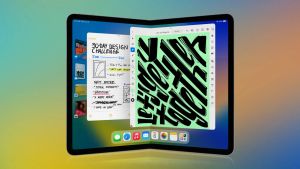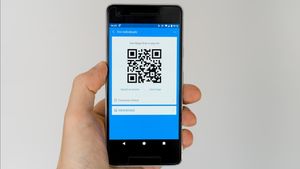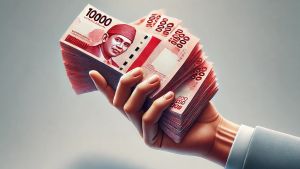JAKARTA - Apple has long banned anyone except company-approved technicians from tampering with its software. But now, the company allows users of the two latest iPhone models and some Mac computers to gain access to genuine Apple parts and tools for consumer repair.
Although it sounds surprising, Apple's move is allegedly under pressure from the United States (US) government. Where Apple's changes reflect the strengthening of US President Joe Biden's "right to fix" movement and affect everything from smartphones to cars and tractors.
This is a response to manufacturers' practices that are increasingly making the product difficult and expensive to repair. For your information, Apple is launching an online shop for self-service repairs early next year that it says will have more than 200 parts and tools for making the most common repairs to the iPhone 12 or iPhone 13.
Initially, the focus will be on do-it-yourself, where the user himself repairs the screen and battery, which was previously rejected by Apple which raised concerns about safety and security, such as when replacing the wrong battery could damage the device.
According to senior policy analyst at Consumer Reports, Maureen Mahoney, of course Apple's decision is good news for consumers and a sign that similar standards should be applied to other electronics.
“If you buy a product, you have to be able to fix it. (Otherwise) consumers have to rely on the manufacturer's official repairs or they have to buy new ones," Mahoney said as quoted by ABC News, Thursday, November 18.
The Federal Trade Commission, the Biden administration, and state legislatures have been eyeing regulatory changes that would make it easier for Americans to repair their broken devices.
The government has expressed concern about restrictions that lead consumers to repair networks of manufacturers and sellers, increase costs for consumers and close independent workshops from business opportunities.
They also say that repair restrictions often fall on minority and low-income consumers. An FTC report to Congress in May noted that many small black-owned businesses made repairs to equipment, and workshops were often owned by entrepreneurs from the poorest.
Apple has long been a target for rights-to-fix advocates due to its practice of locking down its software so parts are encoded onto specific devices. Several attempts at repair, such as replacing the original damaged screen with one made by a third party render the phone unusable.
Nathan Proctor, senior director for the Right to Fix campaign at US PIRG, said there are limits to changes Apple makes but it's still a huge milestone, "One of the most visible opponents of the right to fix is to reverse course in a meaningful way," Proctor said. .
Proctor argues that's thanks to mounting pressure, including from some of Apple's own investors. A shareholder proposal from an investment group concerned with the environment calls for Apple to stop its anti-remedial practices, arguing that they contribute to e-waste.
The English, Chinese, Japanese, Arabic, and French versions are automatically generated by the AI. So there may still be inaccuracies in translating, please always see Indonesian as our main language. (system supported by DigitalSiber.id)
